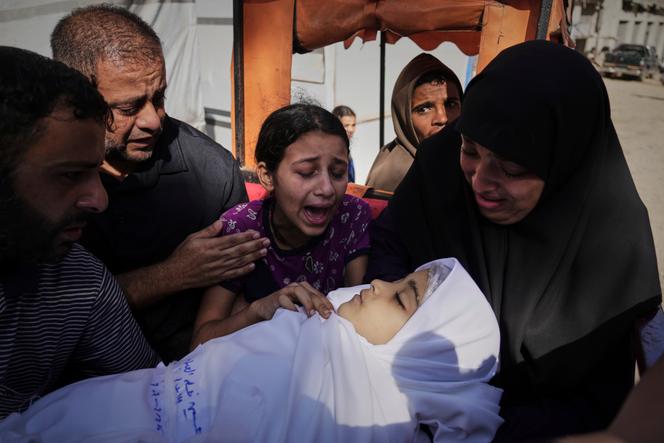


Pierre Krähenbühl, the second-in-command at the International Committee of the Red Cross (ICRC) calls on states, including Western nations, to pull themselves together, warning that the fundamental principles of international humanitarian law established after World War II are in danger of becoming meaningless.
We are witnessing a dual phenomenon, unprecedented in its scope: the proliferation of conflict zones and the lengthening of wars. Wars no longer end. There is a kind of crisis management paradigm that has taken hold, rather than one focused on prevention and resolution. So the question we are forced to ask is: Are we, in reality, accepting life in a world where war is once again becoming the first resort, where it can be waged without limits?
Most of the conflicts in which the ICRC is involved have lasted for decades, yet that was never the original idea behind humanitarian action. At the same time, we are seeing a growing laxity toward international humanitarian law [of which the ICRC is the guardian under the 1949 Geneva Conventions]. If what we see in Gaza, Sudan, eastern Congo and Ukraine is the future of war, then there is reason to be deeply concerned about the abandonment of the most basic rules. International humanitarian law is not an abstraction, it's not a recitation of articles to soothe one's conscience. We are talking about the difference between life and death for civilians, between torture and humane treatment of prisoners of war.
You have 79.58% of this article left to read. The rest is for subscribers only.
